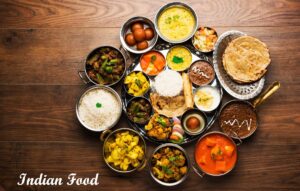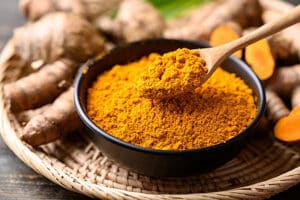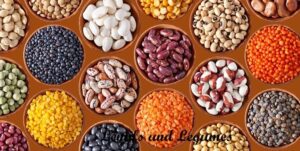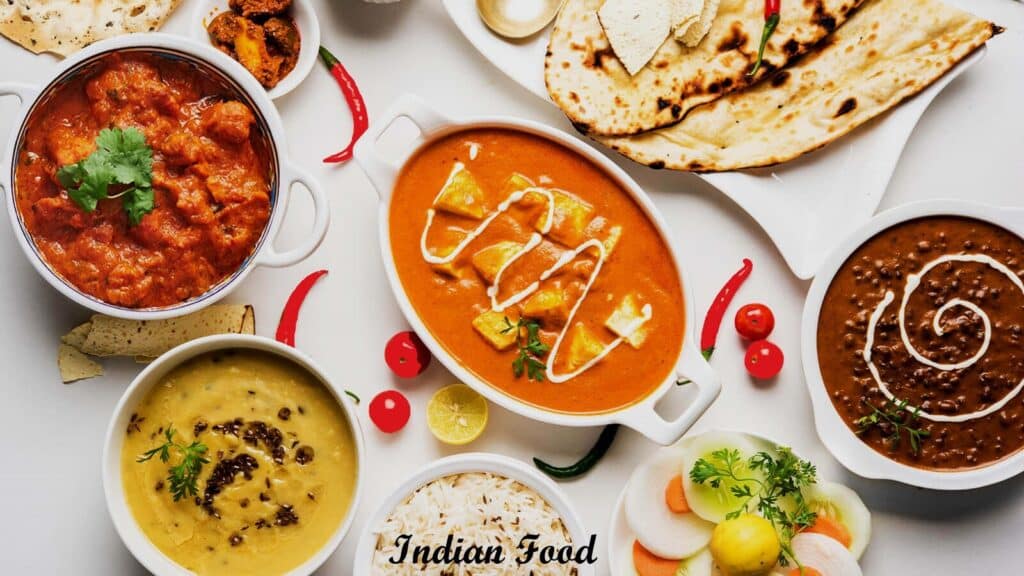If you make a purchase after clicking on one of our links, we may get a small commission.

Introduction: Is Indian Food Healthy? |
| Indian food is often celebrated for its rich flavors, spices, and cultural significance, but have you ever wondered if it’s healthy? For anyone who enjoys Indian cuisine or is considering incorporating more of it into their diet, understanding its health impact is crucial. Indian food can be both a nutrient-packed option and, if consumed incorrectly, a calorie-laden indulgence. So, is Indian food healthy? Let’s dive into the ingredients, cooking methods, and health effects to find out! |
| Traditional Indian Diet: A Blend of Nutrition and Flavor |
| The traditional Indian diet is renowned for its balance of flavors, spices, and diverse food groups. With an emphasis on whole foods like vegetables, grains, legumes, and healthy fats, Indian cuisine often provides a nutrient-dense meal. While the taste grabs your attention, the nutritional value quietly does its work behind the scenes. We should investigate a few key parts. |
| The Importance of Spices in Indian Food |
| Spices aren’t just for flavor; they also come with a range of health benefits. Spices like turmeric, cumin, coriander, and black pepper are known to have antioxidant and anti-inflammatory properties, promoting overall well-being. These spices help enhance the flavors while adding nutritional value. |

| Turmeric: The Golden Healer |
| If there’s one spice that stands out in Indian cuisine, it’s turmeric. This bright yellow powder has curcumin, a compound known for its powerful anti-inflammatory and antioxidant effects. Turmeric is linked to numerous health benefits, from improving brain function to fighting chronic diseases. No wonder it’s dubbed the “golden healer” of spices! |
| Ginger and Garlic: Immunity Boosters |
| Ginger and garlic are the dynamic duo found in almost every Indian dish. These ingredients are known to strengthen the immune system, support digestion, and provide anti-inflammatory effects. Besides adding a punch of flavor, they work wonders for your health. |
| A typical Indian meal includes a variety of components that, when balanced properly, contribute to a healthy diet. Traditional meals offer a mixture of proteins, fibers, and healthy carbs, making it a well-rounded nutritional experience. |

| Lentils and Legumes: A Protein Powerhouse |
| Lentils and legumes, such as chickpeas and black beans, are staples in Indian cuisine. These plant-based proteins are rich in fiber, low in fat, and high in essential nutrients like iron and folate. Dishes like dal (lentil soup) provide a satisfying and nourishing meal. |
| Vegetables: The Colorful Nutrient Providers |
| Indian food incorporates a wide range of vegetables like spinach, cauliflower, eggplant, and peas, ensuring that meals are rich in vitamins and minerals. The vibrant colors of these vegetables hint at their nutrient density, providing antioxidants, fiber, and essential nutrients. |
| Whole Grains: A Source of Sustained Energy |
| Indian cuisine often features whole grains like brown rice, millet, and whole wheat, which provide sustained energy and are excellent sources of fiber. These grains help stabilize blood sugar levels and promote heart health. |
| Health Benefits of Indian Cuisine |
| Indian food offers several health benefits due to its nutrient-rich ingredients and mindful use of spices. Let’s explore some of the standout health benefits. |
| The diverse use of spices, vegetables, and legumes in Indian cooking results in a diet that is packed with antioxidants. These help combat oxidative stress and reduce the risk of chronic illnesses like heart disease and cancer. |
| Indian cuisine can support heart health when prepared mindfully. Ingredients like lentils, garlic, and turmeric help regulate cholesterol levels and reduce inflammation, contributing to a healthier cardiovascular system. |
| Many spices commonly used in Indian dishes, such as cumin and fennel, aid digestion. These spices promote enzyme production and help break down food more efficiently, leading to better gut health and less bloating. |
| Potential Downsides of Indian Food |
| Like any cuisine, Indian food has its drawbacks if not consumed in moderation or prepared with health in mind. Here are some potential downsides. |
| Indian meals often feature carbohydrate-heavy foods like rice, naan, and roti. Consuming these in excess can lead to an imbalance in macronutrients, potentially contributing to weight gain and blood sugar spikes. |
| Excessive Use of Oil and Ghee | | Traditional Indian cooking can involve generous amounts of oil and ghee (clarified butter), which, if overused, can lead to an increase in saturated fat intake. This could raise cholesterol levels and negatively impact heart health. | | Healthy Indian Food Choices | | It’s entirely possible to enjoy Indian food while keeping it healthy. Here are some smart choices to make your meals more nutritious. | | Opting for Steamed or Grilled Over Fried | | Instead of choosing deep-fried snacks like samosas, opt for steamed or grilled versions. Dishes like tandoori chicken or steamed idlis are lower in fat but still packed with flavor. | | Using Yogurt as a Healthy Side | | Yogurt is a common accompaniment to Indian meals. Its probiotic properties support stomach wellbeing and absorption. Pick plain yogurt over seasoned ones to stay away from added sugars. | | Adapting Indian Food to a Healthier Lifestyle | | Modifying traditional recipes or being mindful of ingredients can make Indian food a part of a healthy diet. Here’s how. | | Substituting Ingredients for a Balanced Diet | | Swap refined grains for whole grains and use healthy oils like olive or coconut oil instead of ghee. Small changes like these can have a significant impact on the overall nutritional profile of your meal. | | Mindful Portion Control | | While Indian meals can be nutritious, portion control is key. Eating large portions of even healthy dishes can lead to weight gain and other health issues. Be mindful of your intake and savor each bite slowly. | | Conclusion | | So, is Indian food healthy? The answer lies in how it’s prepared and consumed. When made with wholesome ingredients and consumed in moderation, Indian food is a powerhouse of nutrition, offering a variety of health benefits. By making mindful choices—like opting for whole grains, reducing oil usage, and balancing your meals with proteins and vegetables—you can enjoy the vibrant flavors of Indian cuisine without compromising your health. Remember, healthy eating is all about balance, and with a few tweaks, Indian food can absolutely fit into a healthy lifestyle. | | | | | | |
|




